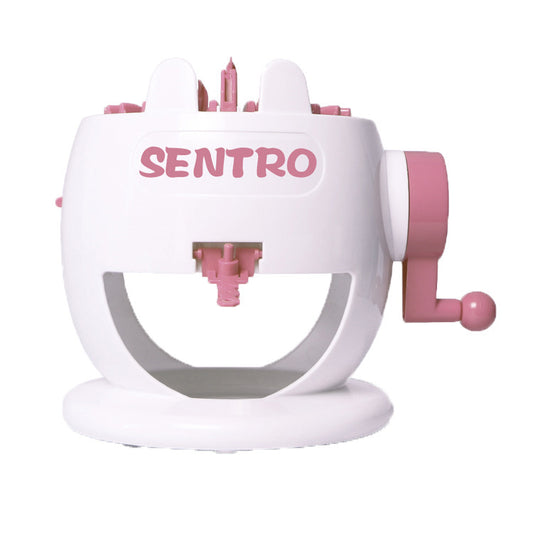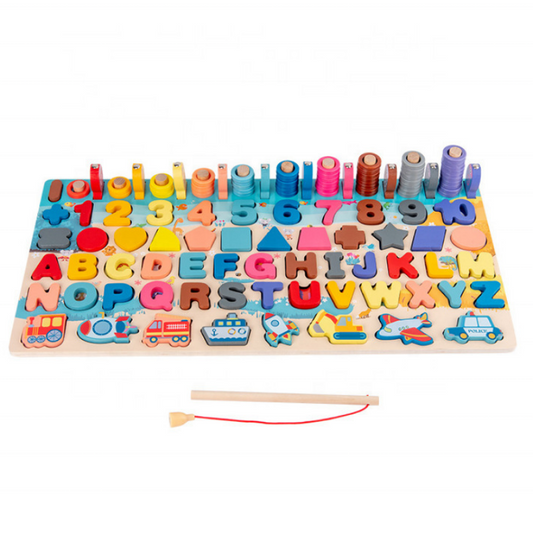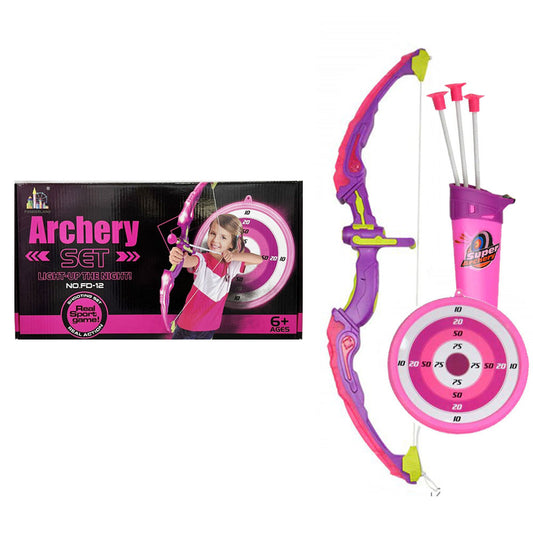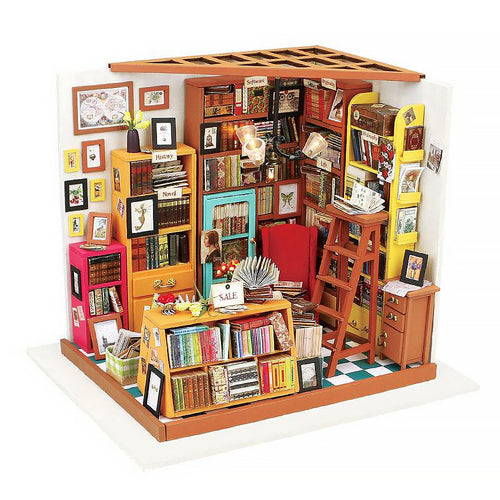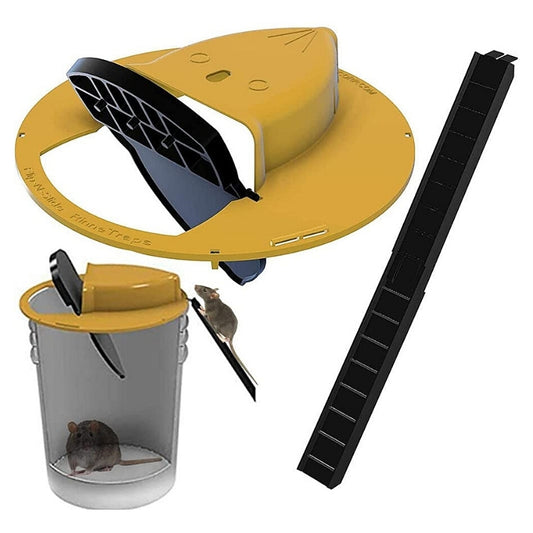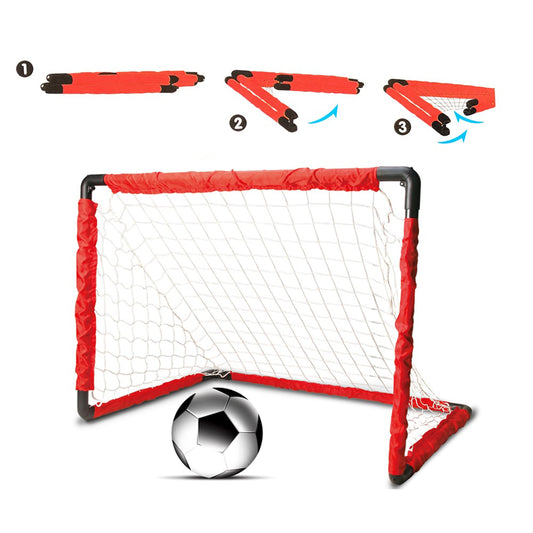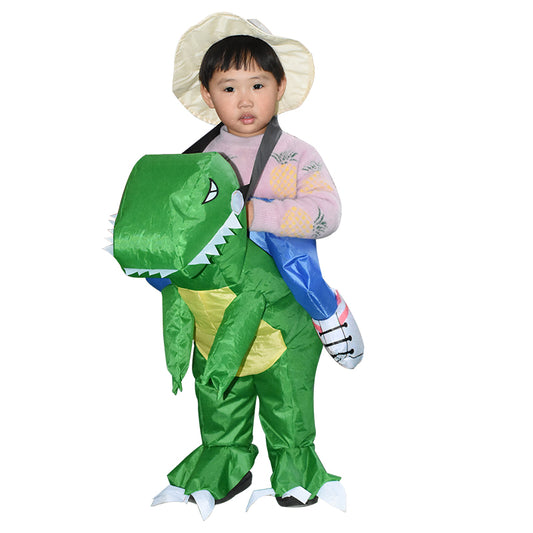The Benefits of Montessori Toys

Toys are an important part of a child’s life. It’s engaging, develops imagination and encourages curiosity. But does it do more than that?
According to many educational psychologists, playing with toys helps children to develop their sensory skills. Understanding the connection between child development through play, Maria Montessori, an Italian physician and educator, went on to create an educational method that is known as the Montessori approach.
The Montessori approach focuses on a supportive learning environment that nurtures the development of a child’s physical, cognitive, social, and emotional development. It is a child-centered approach that uses simplistic, wooden toys instead of toys with lights and sounds.
While plastic toys create further waste for the environment, wooden toys are often more durable, beautiful, and can be recycled after use. Researchers have found that children who were in a Montessori based educational program when they were young scored higher in levels of creativity. This is due to the learn through play approach, which offers real-world experiences using wooden toys.
So, why else would parents choose to purchase Montessori based toys over plastic ones that tend to grab a child’s attention quicker? Here’s why:
- Montessori toys introduce mathematics through spatial concepts.With mathematics fundamentally about measuring, it’s odd that school age children usually begin their mathematics learning with numeracy, when spatial understanding is conceptually more foundational to math. Young children starting with spatial tasks, including learning geometric figures can predict their later performance on numeracy-related tasks.
-
Montessori toys are more attractive and use natural materials. Using natural materials encourages children to use their imagination in play and conduct different experiments with them. The natural material is more attractive because it inspires curiosity and sparks interest in the material it’s made of. Montessori toys are not only wooden, but can be made from clay, glass, metal, rock, or textile.

-
They support a child’s education.In addition to teaching basic mathematical and scientific concepts, Montessori toys can drive concentration in young children. This is essential for all future learning. By allowing children to play with Montessori toys for extended periods of time, it can allow them to get into a flow of concentration, which is when a child or person performs at their best.

-
They teach independence.As they develop their ability to concentrate while playing, they will also begin to make mistakes. This is a crucial part of learning. With Montessori based play, the flow of concentration allows them to make a mistake and correct it independently without the need of a parent or educator getting involved. This fosters problem solving skills too.

Electronic Assembly Kit Logic Thinking Training Blocks Steam
-
They foster growth.Through self-motivation and independent play, young children can develop their cognitive, social, and emotional skills. Montessori learning is designed so that when a new toy is introduced, the child has time to struggle with it, practice using it and then mastering it before moving on. This not only encourages a healthy self-esteem, but it helps to establish a growth mindset and build resilience. This gives them the perseverance to continue trying during challenging situations.

Montessori learning is an embodied learning approach that focuses on engaging the senses. Children learn quicker by moving around in play, allowing motor skills and cognitive development to progress.
Research shows that movement in play helps children to understand and remember content with accuracy. This creates a rich environment that nurtures their natural determination to learn through play.


